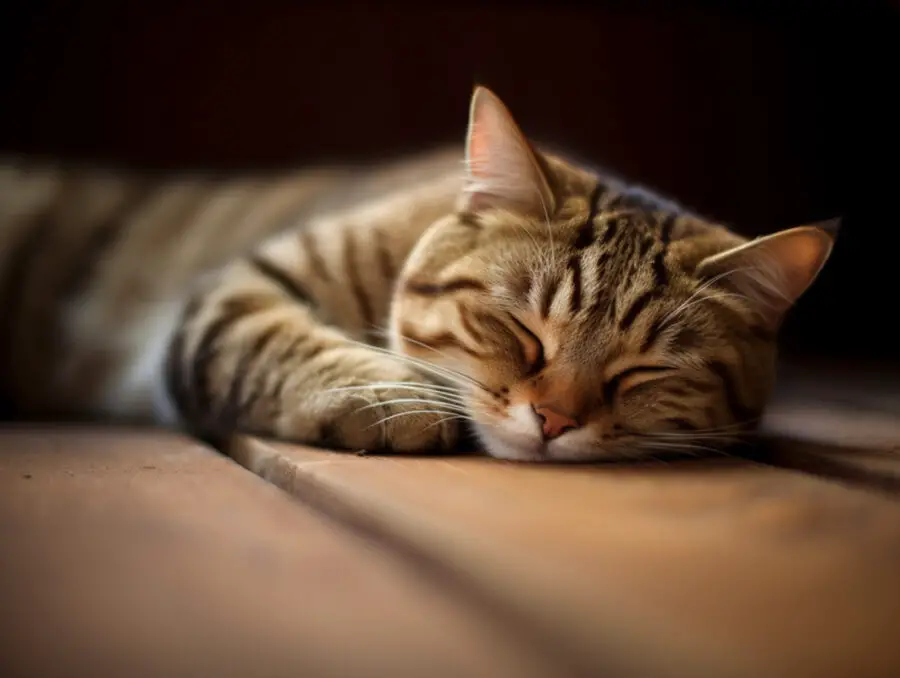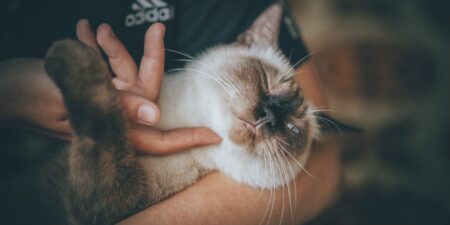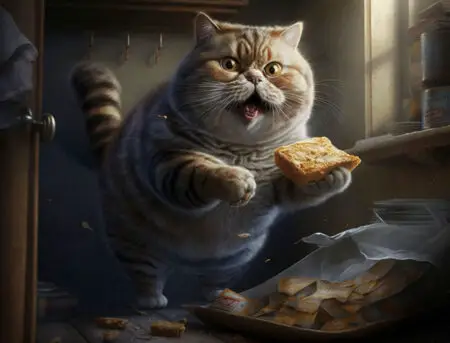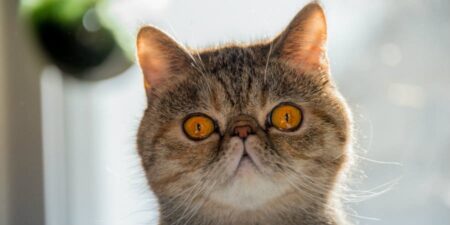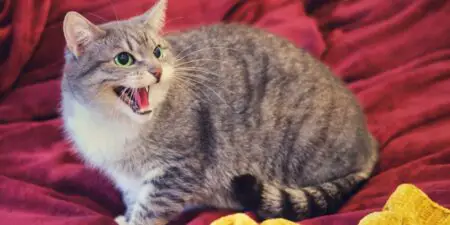Have you ever wondered why cats sometimes appear to play dead? You’re not alone! This fascinating behavior has puzzled cat owners and enthusiasts alike, and today we’ll shed some light on the possible reasons behind it.
Possible Reasons Your Cat Plays Dead
Let’s address the possibility that your cat is simply playing. Cats are agile and intelligent creatures, constantly seeking stimulation and exploring their environment. Playing dead can be a form of entertainment for them, especially if they have a playful personality.
Another possibility is that your cat is practicing its hunting skills. In the wild, cats are predators, and their instincts drive them to hone their abilities. When they “play dead,” they may be imitating the behavior of potential prey in order to perfect their hunting tactics.
Interestingly, this behavior can also be traced back to their genetics. Cats are descendants of wild animals that needed to blend in with their surroundings to avoid predators. When your cat plays dead, it might be instinctively employing a survival tactic called “playing possum,” which involves lying motionless to avoid attracting attention.
On the other hand, if you notice your cat playing dead when it’s feeling threatened or confronted, it may be using this tactic as a defense mechanism. By appearing lifeless, it can potentially deter a perceived threat from attacking. This strategy is especially common among kittens who have not yet developed the skills to escape from a dangerous situation.
Stress can also be a factor in your cat’s behavior. If your cat is experiencing high levels of stress or anxiety, it may play dead as a coping mechanism. In this case, it’s essential to identify the source of their stress and address it to ensure their well-being.
It’s worth noting that if your cat is playing dead frequently or for extended periods, it may be time for a visit to the veterinarian. While this behavior is often harmless, it could also be indicative of an underlying health issue that requires professional attention.
Lastly, always remember that every cat is unique, and the reasons behind their behaviors can vary. Getting to know your cat’s personality and habits will help you better understand why it might play dead. Observing and interacting with your cat regularly can provide valuable insights into its behavior and preferences.
Conclusion
So, the next time you catch your cat playing dead, don’t be alarmed. Instead, appreciate the complexity of their behavior and remember that it’s just one of the many intriguing qualities that make cats such captivating companions.
Related Questions
1. Why do cats play dead?
Cats play dead as a natural instinct, often as a self-defense mechanism to deter predators or as a way to practice their hunting skills.
2. Is playing dead a sign of stress in cats?
While it can be a sign of stress, not all instances of playing dead indicate a stressed cat. It’s essential to observe other behaviors and overall demeanor to determine if stress is the cause.
3. How can you tell if your cat is playing dead or experiencing a health issue?
It’s important to monitor your cat’s behavior and physical condition closely. If they display other signs of illness, such as lethargy, loss of appetite, or difficulty breathing, consult a veterinarian.
4. Should you be concerned if your cat plays dead frequently?
If your cat frequently plays dead without any apparent triggers, it may be worth monitoring the situation and discussing it with a veterinarian to rule out any underlying issues.
5. How can you help your cat feel more secure and reduce instances of playing dead?
Provide a safe and comfortable environment for your cat, including hiding spots and perching areas, engage them in enriching activities, and maintain a consistent routine to help reduce their stress levels.
"In ancient times cats were worshipped as gods; they have not forgotten this."
-- Terry Pratchett

